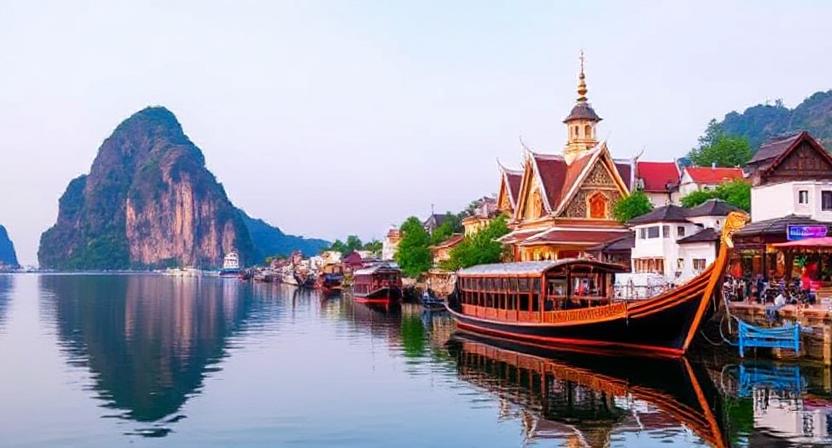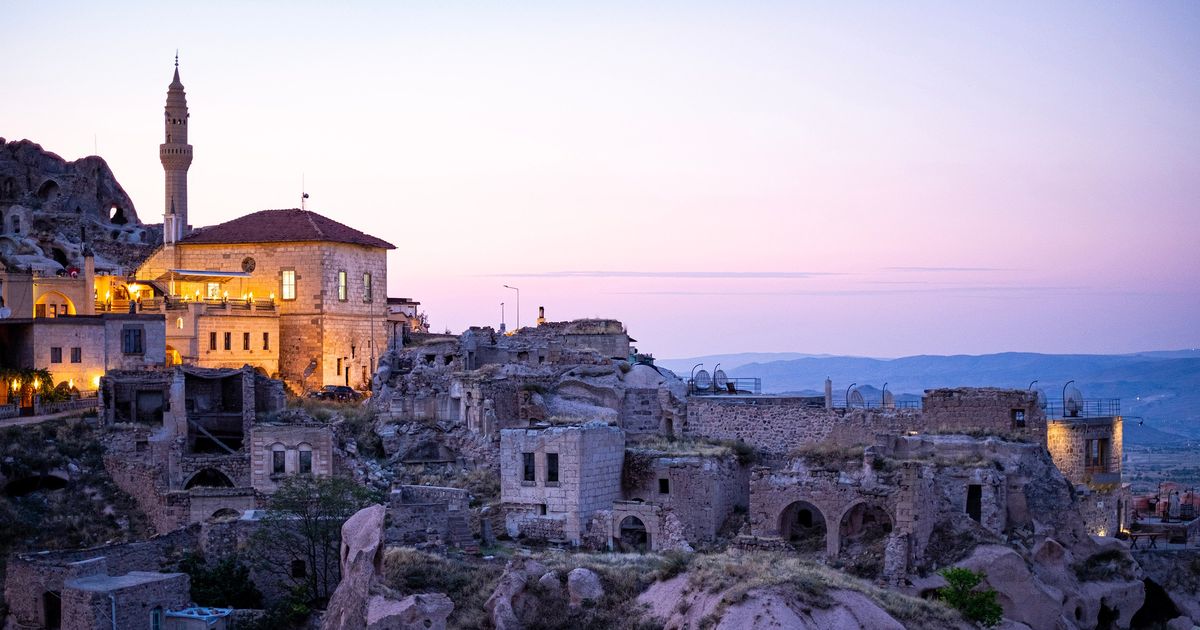Erdogan tells NATO chief Sweden must stop Kurdish protests
Turkey objects to Sweden’s bid to join the Western military alliance, claiming the country harbours ‘terrorists’.
Sweden must stop protests by supporters of the outlawed Kurdistan Workers’ Party (PKK) in Stockholm to get the green light on its NATO membership bid, Turkish President Recep Tayyip Erdogan has told NATO’s Secretary-General.
Erdogan told Stoltenberg in a phone call on Sunday that Turkey had a constructive attitude, but Sweden’s change of “terrorism” laws to meet demands from Ankara was “meaningless” while PKK supporters continued to hold protests in the country, the Turkish presidency said in a statement.
Turkey has objected to Sweden’s bid to join the Western military alliance, citing security concerns, but members of the bloc and NATO chief have expressed hope that it will become a member in time for a mid-July summit in Vilnius.
Finland joined NATO in April but Turkey continues to block Sweden’s membership. Last week, Erdogan said it should not expect a green light from Ankara at the Vilnius summit unless it prevents “anti-Turkey” protests.
New law not enough for Ankara
Ankara says Sweden harbours members of “terrorist” groups in the country, in particular belonging to the PKK, which has been designated a terrorist organisation by Turkey, the European Union and the United States.
Sweden recently introduced a new law to make it harder to finance or support “terrorist groups”, which Ankara said was not convincing enough.
Swedish foreign minister Tobias Billstrom on Wednesday said Turkey’s parliament should begin ratifying Sweden’s bid because Stockholm has met its obligations under a deal with Ankara.
Sweden and Finland both reversed decades of military non-alignment last year and applied to join NATO following Russia’s invasion of Ukraine.
Erdogan and Stoltenberg also discussed the latest developments in Russia and Sweden’s NATO membership, according to the statement by the presidency’s communications directorate.
The sides pointed out that the end of tensions in Russia “prevented the occurrence of irrevocable humanitarian tragedies in the Ukrainian field,” the statement said.




